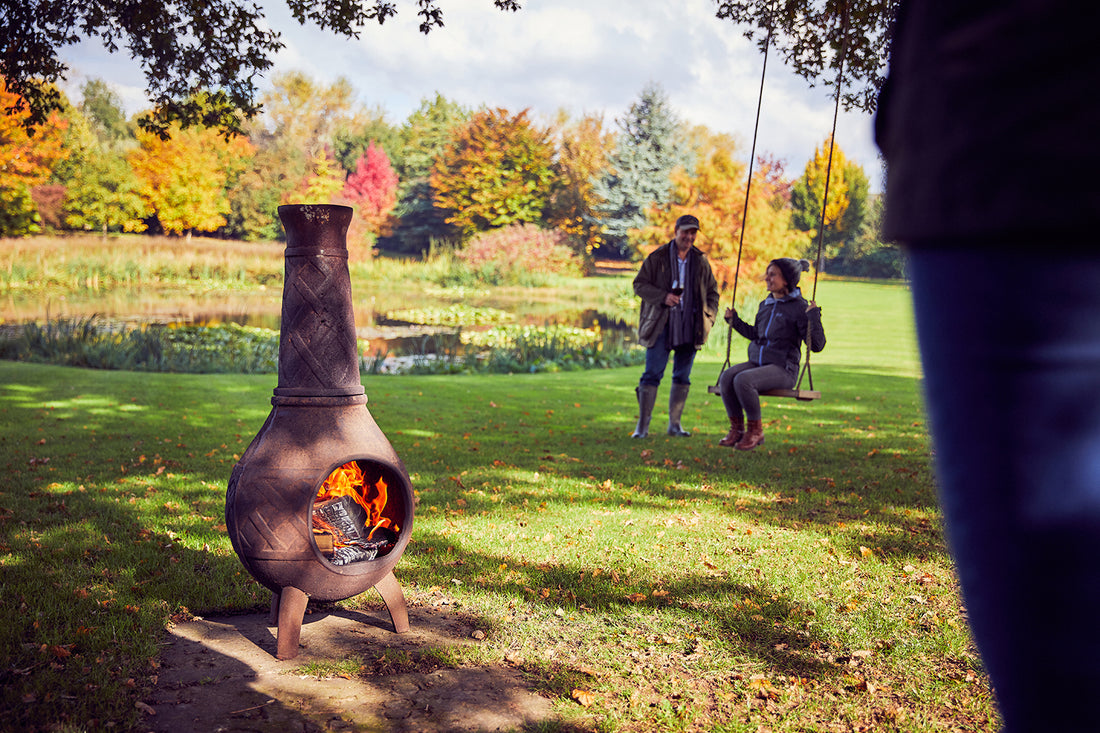
Benefits Of Being Outdoors
Share
One study has compared the ability to concentrate between children with ADHD who played outside, versus those who played inside, both after school and at the weekend. Those who spent time in green, outdoor spaces reported fewer symptoms of ADHD, even when exactly the same activities were compared.
As yet, scientists don’t know exactly the reason for this. The theory is that we respond positively to things that benefit us. Trees offer shade, protection and often have fruits and nuts, for example, so they are a source of food as well as protection and comfort.
The theory is that we are wired to like things that are inherently good for us and our survival, which is why trees and the great outdoors can help lift our moods.
There is also a freedom associated with the vastness of space, which cannot be replicated inside. Children playing and learning whilst outside seem to be more active, focused and motivated and even develop a more positive approach to learning.

Kids are less inhibited outside, and more willing to join in with things, as well as being chattier and more extrovert. In crowded spaces, children's behaviour can change, some can become more aggressive, while others become more solitary (Bates 1986).
There is a direct health benefit too. Vitamin D can be a tricky nutrient to get enough of just from your diet because so few foods naturally contain it. So most of us get between 80 to 90 percent of our daily requirement of this vitamin from being outside, especially on sunny days.
Kids need to exercise daily too: enough to get them out of breath so ensuring their heart and lungs are working hard. NHS guidelines say that children under 5 need three hours exercise a day featuring a mix of bone strengthening, muscle building and cardiovascular exercises.
Exercise also helps a child's emotional health, encouraging relaxation and a better sense of wellbeing (Armstrong 1996).
So where will you be walking tomorrow?
